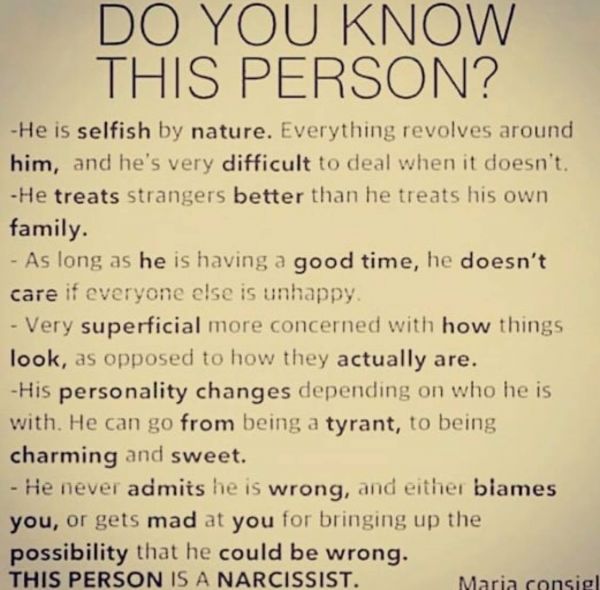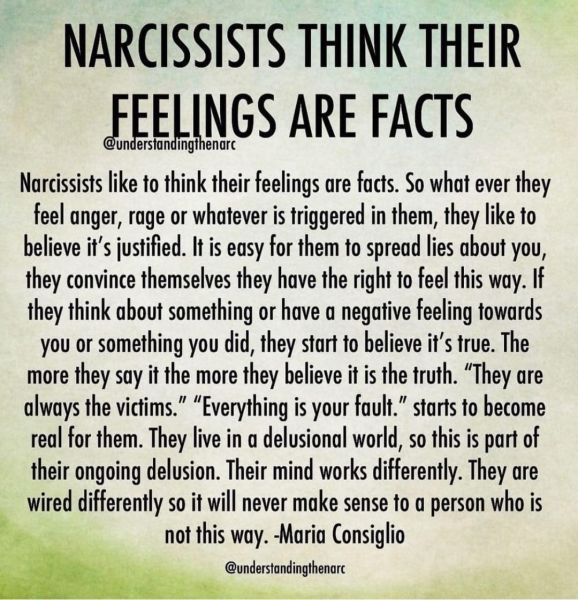The Malaise of Being White, part II
The Narcissist According to Facebook
My Facebook correspondents rail a lot about narcissists and nacissism, and post trendy precepts by people like Maria Consiglio. That narcissism attracts so much attention and gets so many pithy put-downs suggests that the correspondents are clutching at straws after a failed fourth or fifth romance, and want to give up on it altogether. Narcissism has become the FB bête noire, since it evolved into a channel for the lovelorn; but the lovelorn need more input before they give up.
We judge a romance by numerous parameters, so singling out narcissism for condemnation does not give an accurate description of the hows and whys of romance. Don't give up on romance until you comprehend better what succeeds and what fails. My FB correspondents should read E. M. Forster or Leo Tolstoy, rather than Maria Consiglio, for a wholistic take on romance. Forster and Tolstoy write about love's allure, its trials, the preconceptions built into our choices, and why we pursue it so madly.
Americans have the same love-hate relationship with narcissists that they have with bullies, namely that if you exclude them from parties, the conversation-level drops to mere whispers. A party-giver knows that a party with narcissists is a vocal party, which everyone wants. We hang back and let the narc run his mouth, laugh at his jokes, and groan when he brags about how great he is. He's the life of the party. When he leaves, everyone wants to know where he is going, so we can tag along and enjoy more of his boisterous nonsense.
But romance and marriage give the narc a more significant role, and illuminate a side of him that does not work so well. E. M. Forster describes a narcissist in his novel A Room With A View and names him "Cecil." Like all real people, Cecil has many facets. "He was Medieval," Forster writes, "Like a Gothic statue. . . . He resembled those fastidious saints who guard the portals of a French cathedral." Forster continues "the only relationship Cecil conceived was feudal . . . protector and protected." In general, he "paid no great attention" to anything other people said.
His lover, "Lucy," takes all this in stride. She could do this because "Solitude oppressed her," and "She was accustomed to have her thoughts confirmed by others." As her life takes a series of false steps, she falls into a kind of gloom: "She put out the lamp. It did not do to think, nor for that matter to feel. She gave up trying to understand herself and joined the vast armies of the benighted who follow neither the heart, nor the brain, and march to their destiny by catch-words."
I know so many intelligent Whites who have no children and wonder if they resemble Lucy: "She was only at ease amongst those to whom she felt indifferent." Her relationship with Cecil gave her a confidence she had never had: "At last, she longed for attention," and "As the week wore on, more of her defenses fell, and she entertained an image that had physical beauty."
But the negative side of the narc keeps rearing its ugly head. Lucy's mother asks her ominously, "Is anything the matter with Cecil? . . . Since Cecil came back from London, nothing appears to please him. . . . Why sit wriggling and sneering and spoiling everyone's pleasure?" Not only that, but Cecil "had meant to be supercilious, and he had succeeded."
But Cecil's leaving her could potentially create more problems for Lucy than it resolves. She lacks a personal engagement with life's experiences, and it leaves her with a vacuum of personal meaning and intentionality. She does not know how to represent herself, which presents more of a problem when she falls in love. Better to attach herself to a guy who does all the talking for her; and that basically represents Lucy's problem, as a modern woman, that Cecil gives to her her talking-points on everything.
The title of Forster's novel describes two situations: two English ladies visiting Florence, Italy, and wanting a hotel-room with a view of the Arno River, and the main character Lucy and her search for a point-of-view, to fix her fleeting sense of personhood, authenticity, and intentionality. Like a lot of boys from well-to-do families, instructed by their mothers to behave thoughtfully and sensitively with girls, want to get to know a girl, and ask her about the things that were important to her. Too often, the girls snicker at the silliness of their intrustions and shut them down.
I know a little about this situation from personal experience, from meetings with girls who, instead of possessing a room with a view, lived daily inside a nearly toxic personal vacuum. Their boredom and antsiness say to me, "Fill up this space, or I'm outa here!" They don't want a guy who is thoughtful, sensitive, and empathic. They want a guy with self-centered, browbeating, intentionality, who exude the ballsy "Me!" "Me!" "Me!" attitude that lends to the girl her talking-points and gives definition to her personal vacuum.
So don't be too quick to demonize the narc! Lots of people depend on him to do what he does best—talk a blue streak!



